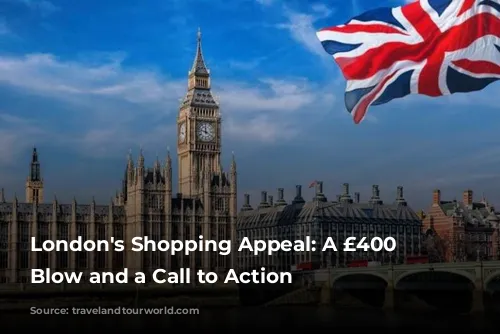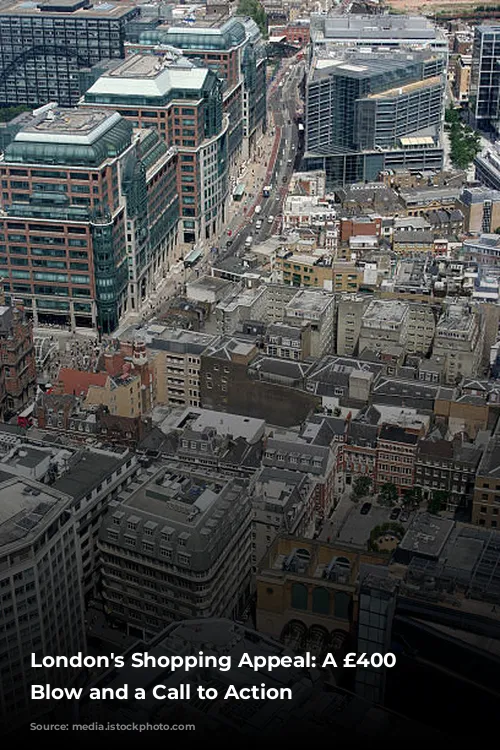London, a global shopping haven, is facing a serious challenge: a decline in international tourist spending. This is largely due to the removal of tax-free shopping in 2020, a policy that previously allowed visitors to claim back a portion of their purchases. This decision has left the UK at a competitive disadvantage, particularly when compared to neighboring European countries that still offer this benefit.
Let’s explore the consequences:

Feeling the Pinch: The Financial Impact on the West End
The West End, London’s bustling shopping district, has experienced a substantial decline in international tourist spending despite an increase in visitor numbers. This alarming trend stands in stark contrast to the flourishing spending growth observed in Continental Europe.
The data paints a clear picture:
- While international tourists in London increased by 3% in the first half of 2024, their spending dropped by 12%.
- Meanwhile, international visitors in Continental Europe saw a whopping 36% surge in spending.
This disparity can be directly attributed to the absence of tax-free shopping, a policy that has left a significant financial gap for London’s retailers.

The Ripple Effect: A Spending Gap and Its Impact on Tourism
This lost revenue doesn’t just affect shops; it impacts the entire tourism ecosystem in London. Fewer purchases mean fewer visits to restaurants, hotels, and local attractions, resulting in a slowdown across the board.
This is a serious issue:
- High-end retailers are feeling the pinch, struggling to compete with European counterparts who benefit from the tax-free shopping policy.
- The fashion industry, a key contributor to London’s global appeal, is feeling the pressure as British retailers battle for survival.
- British craftsmanship and innovation are being hampered by the lack of tax-free shopping, creating an uneven playing field.

A Call for Change: Reintroducing Tax-Free Shopping
The reintroduction of tax-free shopping is not simply a demand from retailers, but a critical step towards revitalizing London’s tourism industry.
Think of the benefits:
- Increased international tourist spending: With tax-free shopping restored, international tourists are more likely to make larger purchases, directly boosting the local economy.
- Revitalization of the tourism ecosystem: The extra revenue from increased retail sales would flow throughout the entire industry, benefiting hotels, restaurants, and cultural attractions.
Now is the time for action:
- The UK should capitalize on the resurgence of international travel following the pandemic.
- Reintroducing tax-free shopping would restore London’s competitiveness as a global shopping destination.

A Global Impact: London’s Lost Appeal
The absence of tax-free shopping has not only impacted London, but has detrimentally affected the UK’s international image. Travelers from countries where luxury shopping is a key part of the tourism experience, such as China and the Middle East, have shifted their spending to European countries where tax-free shopping remains available.
This is not just about shopping:
- It represents a loss of appeal for the UK as a high-end shopping destination.
- It’s time for the UK to regain its position as a leading player in the global luxury market.
- Reintroducing tax-free shopping would send a powerful message that the UK is committed to attracting high-spending travelers.
It’s time to take action, before London’s global shopping appeal fades away completely.









